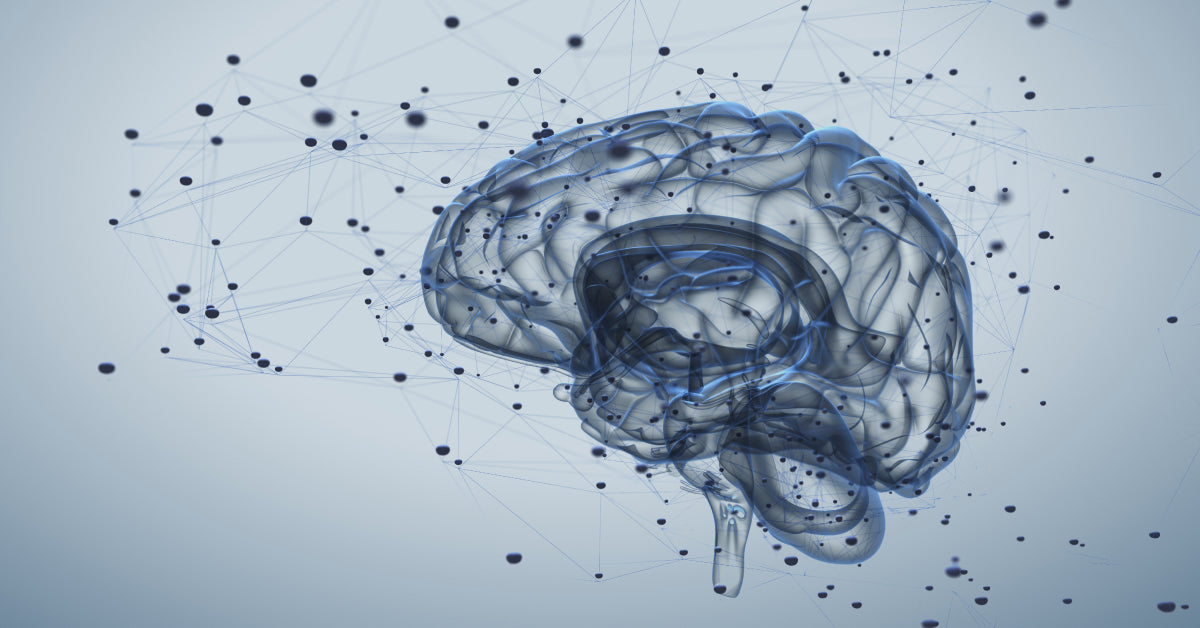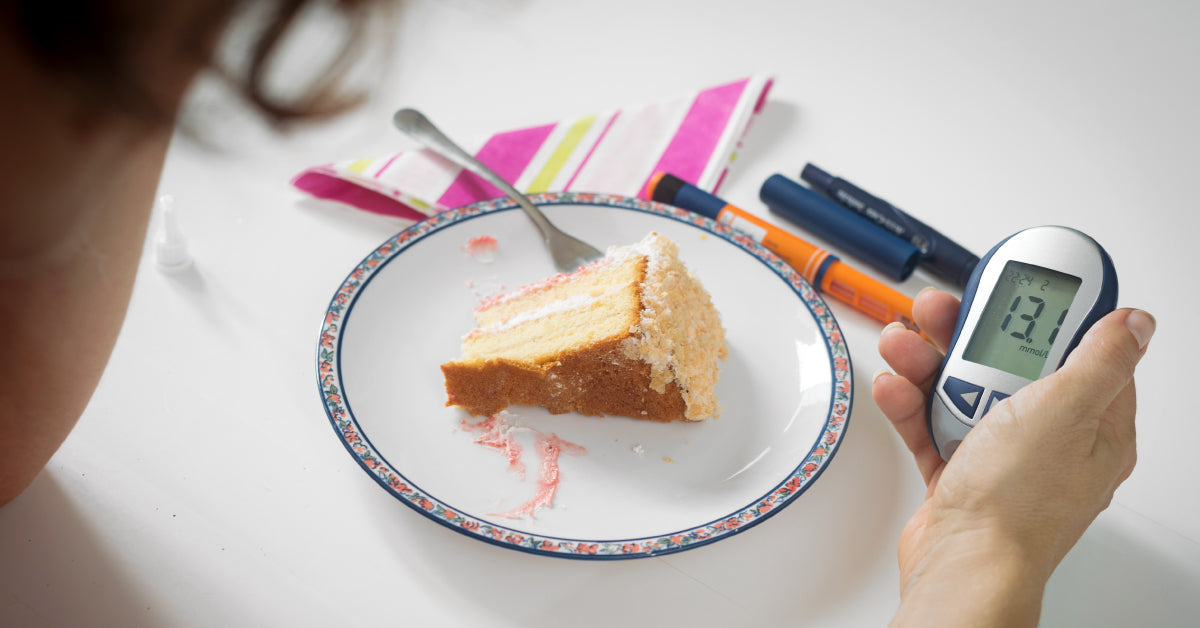Living with diabetes comes with its own set of challenges
Unfortunately, there are numerous myths and misconceptions surrounding this chronic condition. It is crucial to separate fact from fiction in order to understand diabetes better and promote accurate information.
In this article, we will debunk the 10 biggest myths about diabetes, shedding light on the truth behind this prevalent disease.
Myth 1: Eating too much sugar causes diabetes.
Fact: While excessive sugar consumption is linked to obesity, a risk factor for type 2 diabetes, it does not directly cause diabetes. Diabetes is a complex condition influenced by genetics, lifestyle, and other factors.
Myth 2: Diabetes is only a problem for overweight individuals.
Fact: While weight is a risk factor, people of all body types can develop diabetes. Genetic predisposition, family history, and age are among the factors that contribute to its development.
Myth 3: People with diabetes can’t eat carbohydrates.
Fact: Carbohydrates are an essential part of a balanced diet, even for individuals with diabetes. The key is to choose healthy, fiber-rich complex carbohydrates and practice portion control.
Myth 4: Insulin is only needed by people with type 1 diabetes.
Fact: Both type 1 and type 2 diabetes may require insulin therapy. In type 2 diabetes, insulin may be prescribed when lifestyle changes and oral medications are not sufficient to manage blood sugar levels.
Myth 5: People with diabetes can’t enjoy sweets or desserts.
Fact: Sweets and desserts can be consumed in moderation as part of a well-balanced meal plan for individuals with diabetes. The key is to monitor portion sizes and incorporate them into an overall healthy diet.
Myth 6: Diabetes is a mild form of diabetes.
Fact: Diabetes, whether type 1 or type 2, is a serious condition that requires ongoing management. Improperly managed diabetes can lead to various complications, affecting multiple organs and systems in the body.
Myth 7: People with diabetes can’t engage in physical activity.
Fact: Regular exercise is highly encouraged for individuals with diabetes. Physical activity helps improve insulin sensitivity, manage weight, and control blood sugar levels. It is essential to consult healthcare professionals for personalized guidance.
Myth 8: People with diabetes are more prone to catching a cold or getting sick.
Fact: While people with poorly controlled diabetes may be more susceptible to infections, diabetes itself does not make one more prone to common illnesses. Properly managing blood sugar levels helps maintain a healthy immune system.
Myth 9: Diabetes is caused by consuming too much artificial sweetener.
Fact: Artificial sweeteners, when consumed in moderation, can be part of a diabetes-friendly diet. Research has not proven a direct link between moderate consumption of artificial sweeteners and diabetes development.
Myth 10: Diabetes is solely caused by personal behaviour or character traits.
Fact: Diabetes is a multifactorial condition influenced by a combination of genetic, lifestyle, and environmental factors. Blaming individuals for having diabetes based on character or personal behaviour is unfair and misinformed.
Conclusion
Debunking myths surrounding diabetes is crucial for creating awareness and providing accurate information to individuals living with this chronic condition. Understanding the realities of diabetes empowers individuals to make informed decisions, manage their health effectively, and combat the stigma associated with diabetes. By dispelling these myths, we can foster a more supportive and knowledgeable community around diabetes care and prevention.














































































































